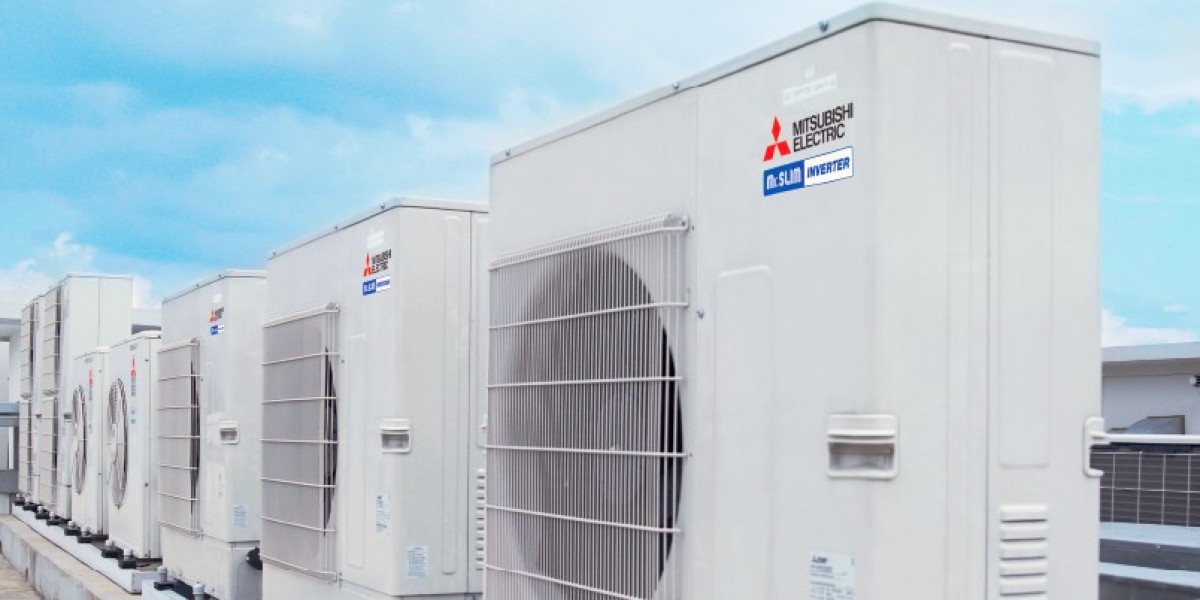The world of manufacturing is undergoing a significant transformation, driven by the increasing adoption of industrial automation. This shift is expected to revolutionize the way goods are produced, making the process more efficient, productive, and cost-effective. At the heart of this transformation is the industrial robot, designed to perform complex tasks with precision and speed.
The Benefits of Industrial Automation
Industrial automation involves the use of machines and computer systems to perform tasks that were previously done by humans. This technology has been gaining popularity in recent years due to its numerous benefits. For one, industrial automation increases productivity, allowing manufacturers to produce more goods in a shorter amount of time. It also reduces labor costs, as machines can work around the clock without the need for breaks or time off. Additionally, industrial automation improves product quality, as machines can perform tasks with a level of precision and consistency that is difficult for humans to match.
The Role of Industrial Robots
Industrial robots play a crucial role in industrial automation. These machines are designed to perform specific tasks, such as welding, assembling, and inspecting products. They are equipped with advanced sensors and algorithms that enable them to work with precision and speed. Industrial robots are also highly flexible, able to adapt to changing production requirements and perform a variety of tasks. In addition, they can work in environments that are hazardous or difficult for humans to operate in, such as high-temperature or high-pressure environments.
Increased Efficiency and Productivity
One of the primary benefits of industrial automation is increased efficiency and productivity. By automating tasks, manufacturers can reduce production times, allowing them to produce more goods in a shorter amount of time. This, in turn, can lead to increased revenue and competitiveness in the market. Industrial automation also reduces the risk of human error, which can lead to defects and rework. By automating tasks, manufacturers can ensure that products are produced to a consistently high standard, reducing the need for rework and improving overall product quality.
Improved Safety
Industrial automation also improves safety in the workplace. By automating tasks, manufacturers can reduce the risk of accidents and injuries. Industrial robots, for example, can work in environments that are hazardous or difficult for humans to operate in. They can also perform tasks that are repetitive or physically demanding, reducing the risk of fatigue and injury. This can lead to a safer and healthier work environment, which can improve morale and reduce turnover rates.
The Future of Work
The rise of industrial automation is likely to have a significant impact on the future of work. As machines and computer systems become more advanced, they will be able to perform more complex tasks, potentially displacing some jobs. However, industrial automation will also create new job opportunities, particularly in the areas of design, engineering, and maintenance. Manufacturers will need skilled workers to design and install industrial robots, as well as to maintain and repair them.
Conclusion
In conclusion, industrial automation is transforming the world of manufacturing, making it more efficient, productive, and cost-effective. The industrial robot is at the heart of this transformation, performing complex tasks with precision and speed. As industrial automation continues to advance, it will have a significant impact on the future of work, displacing some jobs but creating new opportunities in the process. By embracing this technology, manufacturers can improve product quality, increase efficiency, and reduce costs, giving them a competitive edge in the market.






